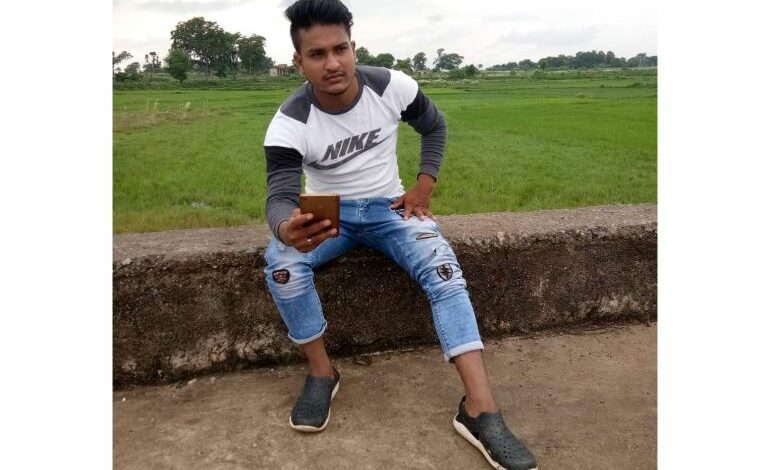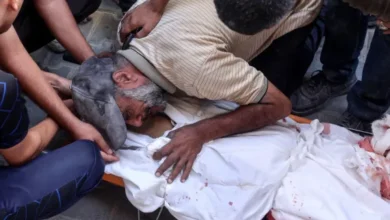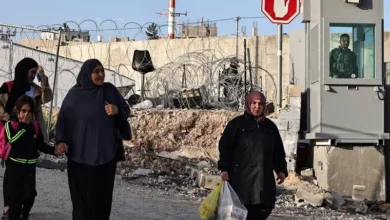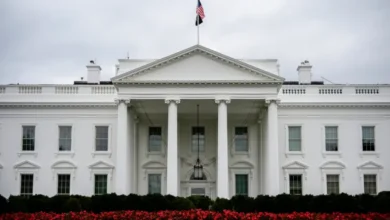Ten jailed in India’s Jharkhand for 2019 lynching of Muslim man

A court in the eastern Indian state of Jharkhand has sentenced 10 men to a decade in prison for lynching a Muslim man over theft allegations.
In 2019, villagers in the Seraikela Kharsawan district tied Tabrez Ansari to a pole, tortured him for nearly 12 hours and recorded it in a 10-minute video that went viral and triggered widespread outrage.The video showed the 24-year-old pleading with the crowd to spare his life and being forced to chant, “Jai Shri Ram,” or “Hail Lord Ram,” a religious slogan now widely used by far-right Hindu nationalists.
Ansari was taken into custody after the beating and moved to a local hospital where he died of his injuries four days later.
As public outrage over the lynching grew, police arrested 12 men, two of whom were later acquitted due to lack of evidence.
The remaining 10 were convicted last week of culpable homicide not amounting to murder by a court in Seraikela Kharsawan. On Wednesday, the court handed down a 10-year sentence.Ansari’s wife, Shaista Parween, said the ruling was not satisfactory and she will appeal against the sentence.“The whole world saw the video of Tabrez Ansari being beaten up. There were all the proofs. No one can die on his own. He died only after being beaten. So how can the culprits get such a short punishment?”
Parween said she will approach higher courts for justice. “If I have to go to the Supreme Court to get justice for my husband, I will go,” she said.
Her lawyer, Altaf Ansari, said he was also not happy with the sentence and will go to the Jharkhand High Court “as soon as possible” to seek stricter punishment for the 10 convicts.
“If this type of judgement comes, how will the cases of mob lynching stop?” he asked.
Hate crimes against minorities, particularly Muslims, have risen in India since Prime Minister Narendra Modi’s Hindu nationalist Bharatiya Janata Party (BJP) came to power in 2014. The government denies there has been an increase.Dozens of Muslims have been lynched or targeted by far-right Hindu mobs, in many cases over suspicion of killing cattle, which is banned in most Indian states because Hindus consider cattle sacred animals.
Last month, driver Afan Abdul Ansari, a 32-year-old daily wage worker, was lynched by cattle vigilantes, and a man in his car, also a Muslim, was brutally attacked while carrying meat from a vendor in Sangamner, a town near Mumbai in BJP-ruled Maharashtra state.
The United States Commission on International Religious Freedom recommended in March for the fourth year in a row that India’s government be added to a religious freedom blacklist, saying that conditions in the country for religious minorities “continued to worsen” throughout 2022.
Rights activist and local advocate Shadab Ansari told Al Jazeera Ansari’s lynching case had been “diluted or weakened” by the investigators, which “benefitted” the defendants.
“If there was life imprisonment or a death sentence in the Tabrez Ansari case, then there would have been more fear among anti-social elements with criminal mindsets who commit crimes like mob lynching,” he said.









